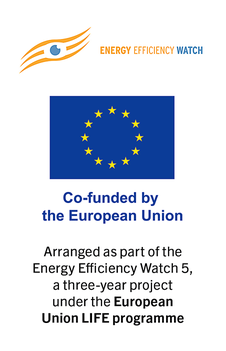Search eceee proceedings
Digital technologies driving efficiency in electric motor driven systems
Panel: 4. Technology, products and systems
Authors:
Maarten van Werkhoven, TPA advisors, The Netherlands
Konstantin Kulterer, Austrian Energy Agency, Austria
Jazaer Dawody, Swedish Energy Agency, Sweden
Glenn Widerstrom, Swedish Energy Agency, Sweden
Frank Hartkamp, Netherlands Enterprise Agency, The Netherlands
Abstract
Digitalization brings smart applications to all kinds of industrial energy systems, of which electric motor driven systems take the largest part of the industrial electricity use. Electric motor driven systems (EMDS) are currently responsible for some 53% of global electricity consumption (IEA 2017), and approximately 70% of the industrial electricity use.
An optimal motor system includes optimal aligned system components (motor control, motor, mechanical equipment and application) engineered and operated for the right process demands in a specific timeframe. The application of digital technologies to electric motor driven systems can enlarge the scope and accessibility of optimization, leading to efficiencies in operations (operational cost, flexibility, procurement, footprint), energy, materials (circularity) and emissions.
IEA 4E EMSA works on the assessment of specific developments in the field of industrial digitalization. The target is to identify the relevant different technology fields (areas), its potential impact (on efficiency and transitions), and the potential need for extra policy measures. Focus is on the speed of development and implementation of digital technologies for motor systems, and the type of measures needed: enabling the actual implementation and/or managing the risks of extra energy use driven by the use of those new digital technologies.
Some examples of related digital technologies and products are sensors and big data analysis, decision tools and new testing tools. The application of digital twins, artificial intelligence and similar developments will enhance energy and motor management and maintenance and systems efficiency strategies. First assessments indicate a significant contribution, e.g. an improvement of energy efficiency of up to 25% and an increase of operational efficiency of up to 25%. The effects towards related policy areas as with regard to capacity building, pilots and regulatory issues are to be investigated as well.
This presentation was unfortunately not recorded due to technical problems. Watch session discussion.
Downloads
Download this presentation as pdf: 4-014-20_Dawody_pre.pdf














